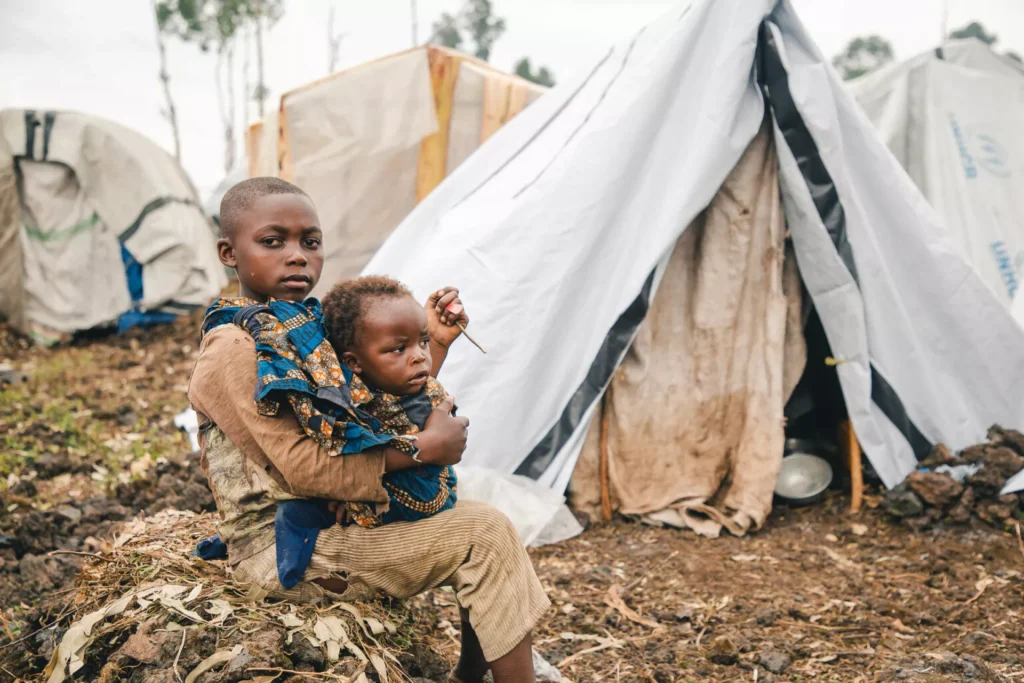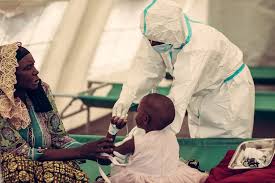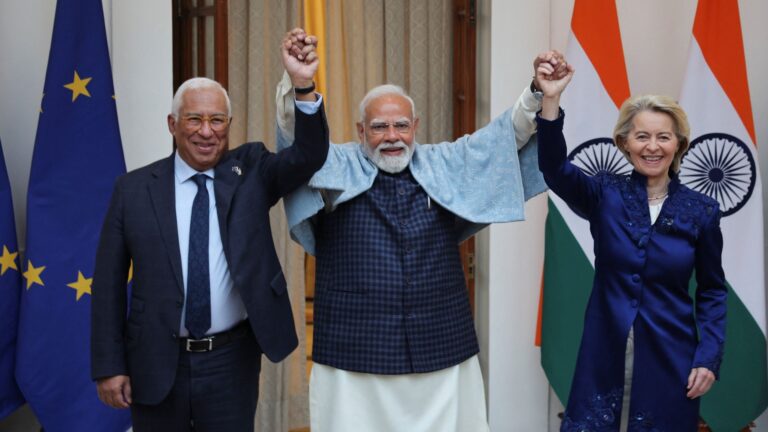
More deadly than bullets or bombs, a silent killer is stalking the children of North Darfur, Sudan. Cholera is spreading at an alarming rate, putting hundreds of thousands of young lives at risk. UNICEF warns the disease is both preventable and devastating.
The Scope of the Cholera Outbreak
Authorities have reported over 1,180 cholera cases in Tawila, including an estimated 300 in children. At least 20 people have died in Tawila, which now hosts over 500,000 people displaced by violence since April.
Over 640,000 children under five at risk as cholera spreads in Sudan’s North Darfur State.
Across the wider Darfur region, the toll is even more alarming: nearly 2,140 cases and at least 80 fatalities as of 30 July.
“Despite being preventable and easily treatable, Cholera is ripping through Tawila and elsewhere in Darfur, threatening children’s lives, especially the youngest and most vulnerable,” said Sheldon Yett, UNICEF Representative in Sudan.
Does Cholera target children ?

Young children are particularly vulnerable to diseases due to factors such as poor hygiene, inadequate sanitation and access to safe water and a greater risk of severe dehydration.
The war damaged infrastructure, leaving communities dependent on unsafe water sources and poor hygiene facilities, increasing disease risk.
Overcrowded displacement camps further worsen this problem, creating ideal conditions for cholera transmission.
Ongoing conflict has disrupted humanitarian efforts to deliver essential supplies. Bureaucratic hurdles further delay ORS, vaccines, and hygiene kits reaching those in need.
The combination of insecurity, displacement, malnutrition, and inadequate access to clean water, sanitation, and healthcare creates a perilous situation for children in Northern Darfur.
Recent assessments show severe acute malnutrition in North Darfur’s children has doubled over the past year, raising urgent concern. Cholera worsens the crisis: malnourished children have weaker immunity, making them more likely to catch the disease and die from it.
Without immediate and safe access to life‑saving nutrition, health, and water services, the risk of preventable child deaths will continue to escalate.
UNICEF’s actions

UNICEF is tackling the outbreak on all fronts, providing life-saving support in health, WASH, and community engagement sectors. In Tawila, UNICEF has distributed Oral Rehydration Salts (ORS) sachets to those in need. Nearly 30,000 people now access safe, chlorinated water daily through water trucking, water yard rehabilitation, and storage system installations.
Hygiene supplies have reached 150,000 people in Daba Naira, while chlorine tablets are helping families treat water at home.
Nearly 30,000 people in Tawila now have daily access to safe drinking water, while outreach teams are raising awareness on prevention and early treatment.
UNICEF will deliver 1.4 million vaccine doses and support partners to strengthen Cholera Treatment Centers across affected areas.
Supplies include cholera kits, soap, plastic sheeting, and latrine slabs. Community outreach efforts, through social media and in-person dialogues, are raising awareness on prevention and early treatment. UNICEF also coordinated the formation of a Cholera Emergency Room, now a hub for twice-weekly partner meetings. UNICEF experts support local case management, surveillance, infection prevention, and train community health volunteers to fight the outbreak effectively.
UNICEF’s Call for Support
UNICEF is urgently calling on all parties to ensure sustained, safe and unimpeded humanitarian access. Bureaucratic delays, looted aid convoys and active fighting have hampered the delivery of vital supplies, including vaccines, therapeutic food and medical kits.
The agency is scaling up its emergency response in Tawila and across Darfur, distributing Oral Rehydration Salts (ORS), chlorinated water and hygiene kits.
UNICEF says it urgently requires $30.6 million to fund its emergency disease response.
Even in the darkest of times, hope can prevail. By supporting UNICEF’s efforts, we can bring a glimmer of hope to the children of North Darfur and help them overcome this devastating cholera outbreak.
For more such informative articles stay tuned at The World Times.



